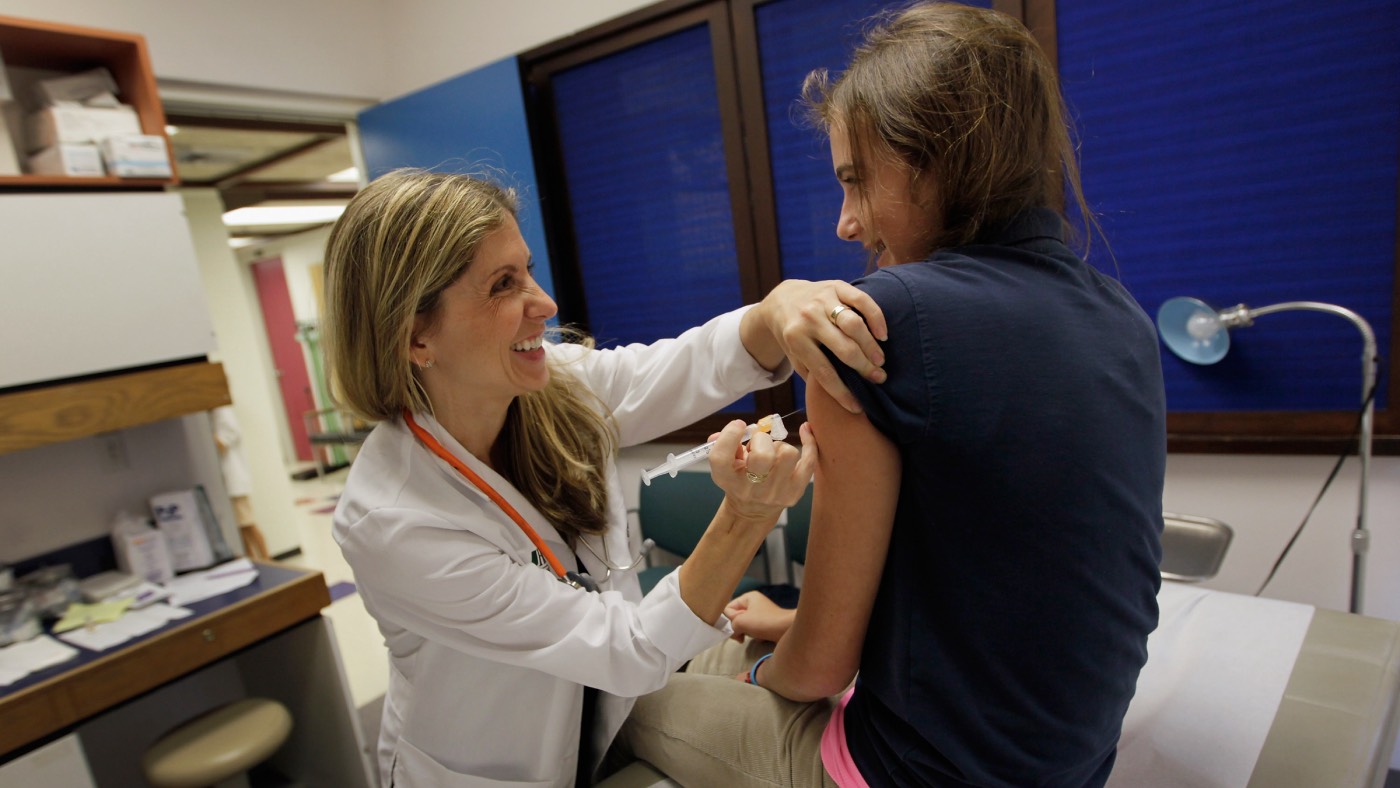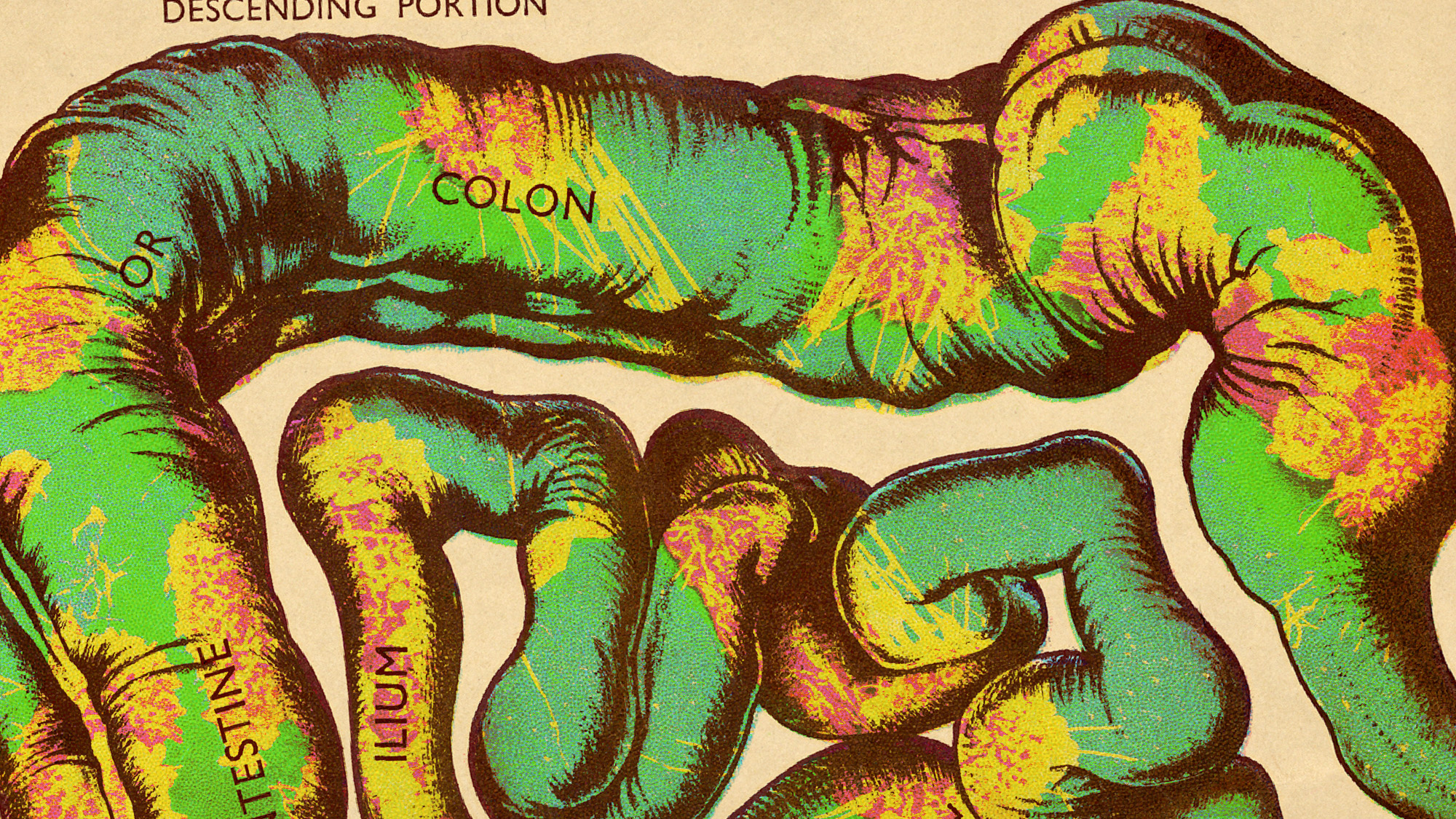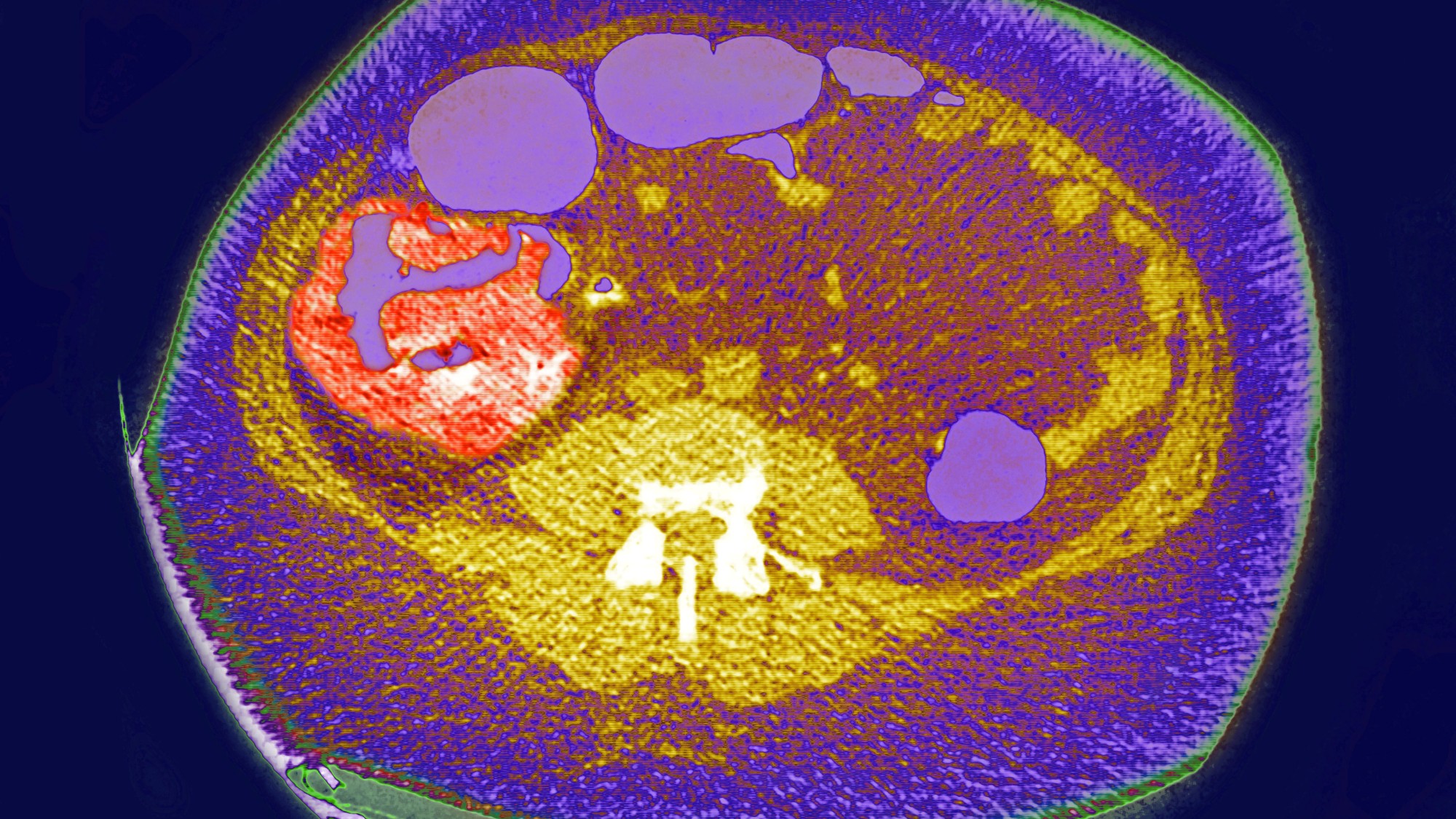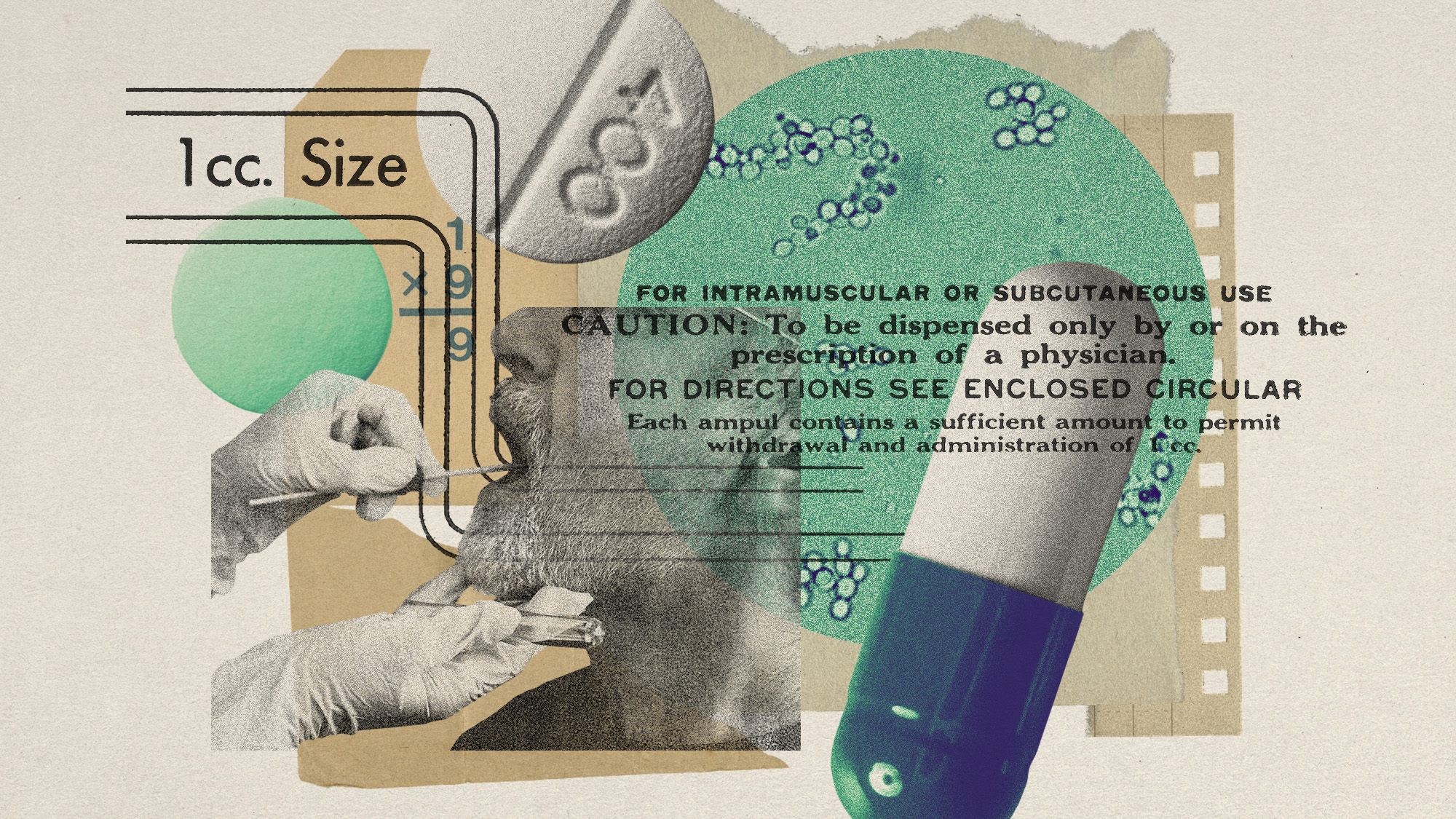Cervical cancer could be eliminated in England, experts say
NHS England hopes vaccination and HPV screening could end the disease

A free daily email with the biggest news stories of the day – and the best features from TheWeek.com
You are now subscribed
Your newsletter sign-up was successful
A combination of a vaccine and enhanced NHS screening could eliminate cervical cancer in England, according to scientists.
NHS England’s experts say the vaccine, given to girls from the age of 12, is very effective against HPV – the virus that causes most cases of the disease.
Last month, routine screening was reoriented to test primarily for the virus.
The Week
Escape your echo chamber. Get the facts behind the news, plus analysis from multiple perspectives.

Sign up for The Week's Free Newsletters
From our morning news briefing to a weekly Good News Newsletter, get the best of The Week delivered directly to your inbox.
From our morning news briefing to a weekly Good News Newsletter, get the best of The Week delivered directly to your inbox.
The Times says this is “the first time the health service has said that a form of cancer can be beaten to the extent that cases become extremely rare”.
Cervical cancer kills 850 women a year in the UK, where there are currently just below 80 cases per 100,000 women.
Australian academics have argued that comprehensive vaccination and screening could bring cases of the cancer down to fewer than four in 100,000 women, a level at which the disease would be considered virtually eliminated.
Professor Peter Johnson, NHS England’s national clinical director for cancer, said: “Screening is one of the most effective ways of protecting against cervical cancer and there is no doubt this new way of testing will save lives.
A free daily email with the biggest news stories of the day – and the best features from TheWeek.com
“Combined with the success of the HPV vaccine for both boys and girls, we hope that cervical cancer can be eliminated altogether by the NHS in England.”
Robert Music, chief executive of the Jo’s Cervical Cancer Trust charity, also welcomed the “exciting” news.
He said: “Cervical screening is such an important test, but there are many reasons it can be difficult to attend. We must continue to understand and tackle these to ensure as many women benefit from this far more sensitive test and we save as many cancers diagnoses and lives as possible.”
Professor Anne Mackie, director of screening at Public Health England, added: “This is a truly momentous achievement, but to ensure we consign this disease to the past we must keep vaccination rates high and continue to provide safe and acceptable screening for all women.”
It is common to see no symptoms during the early stages of cervical cancer. When symptoms do occur, the most usual is “abnormal vaginal bleeding, which can occur during or after sex, in between periods, or new bleeding after you have been through menopause”, says the NHS.
Although abnormal bleeding is not always a sign of cervical cancer, patients with this symptom are advised to see their GP as soon as possible.
–––––––––––––––––––––––––––––––For a round-up of the most important stories from around the world - and a concise, refreshing and balanced take on the week’s news agenda - try The Week magazine. Start your trial subscription today –––––––––––––––––––––––––––––––
-
 Should the EU and UK join Trump’s board of peace?
Should the EU and UK join Trump’s board of peace?Today's Big Question After rushing to praise the initiative European leaders are now alarmed
-
 Antonia Romeo and Whitehall’s women problem
Antonia Romeo and Whitehall’s women problemThe Explainer Before her appointment as cabinet secretary, commentators said hostile briefings and vetting concerns were evidence of ‘sexist, misogynistic culture’ in No. 10
-
 Local elections 2026: where are they and who is expected to win?
Local elections 2026: where are they and who is expected to win?The Explainer Labour is braced for heavy losses and U-turn on postponing some council elections hasn’t helped the party’s prospects
-
 The truth about vitamin supplements
The truth about vitamin supplementsThe Explainer UK industry worth £559 million but scientific evidence of health benefits is ‘complicated’
-
 Covid-19 mRNA vaccines could help fight cancer
Covid-19 mRNA vaccines could help fight cancerUnder the radar They boost the immune system
-
 Deadly fungus tied to a pharaoh's tomb may help fight cancer
Deadly fungus tied to a pharaoh's tomb may help fight cancerUnder the radar A once fearsome curse could be a blessing
-
 'Poo pills' and the war on superbugs
'Poo pills' and the war on superbugsThe Explainer Antimicrobial resistance is causing millions of deaths. Could a faeces-filled pill change all that?
-
 The Y chromosome degrades over time. And men's health is paying for it
The Y chromosome degrades over time. And men's health is paying for itUnder the radar The chromosome loss is linked to cancer and Alzheimer's
-
 A bacterial toxin could be contributing to the colorectal cancer rise in young people
A bacterial toxin could be contributing to the colorectal cancer rise in young peopleUnder the radar Most exposure occurs in childhood
-
 Why are more young people getting bowel cancer?
Why are more young people getting bowel cancer?The Explainer Alarming rise in bowel-cancer diagnoses in under-50s is puzzling scientists
-
 Five medical breakthroughs of 2024
Five medical breakthroughs of 2024The Explainer The year's new discoveries for health conditions that affect millions